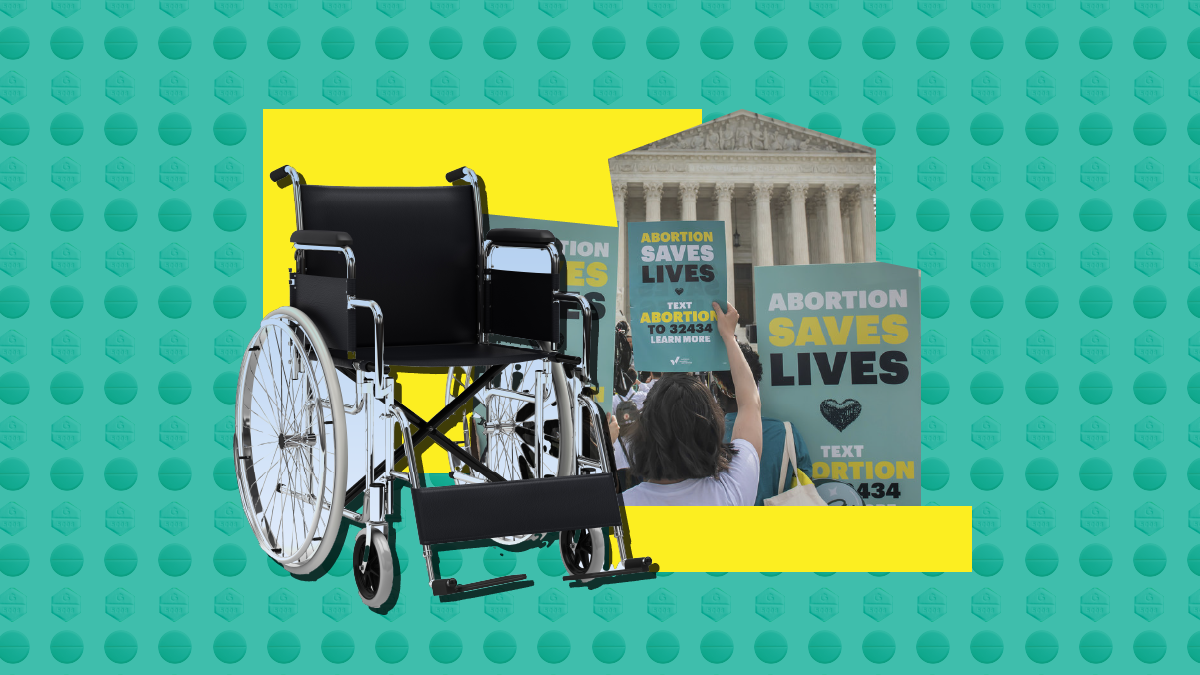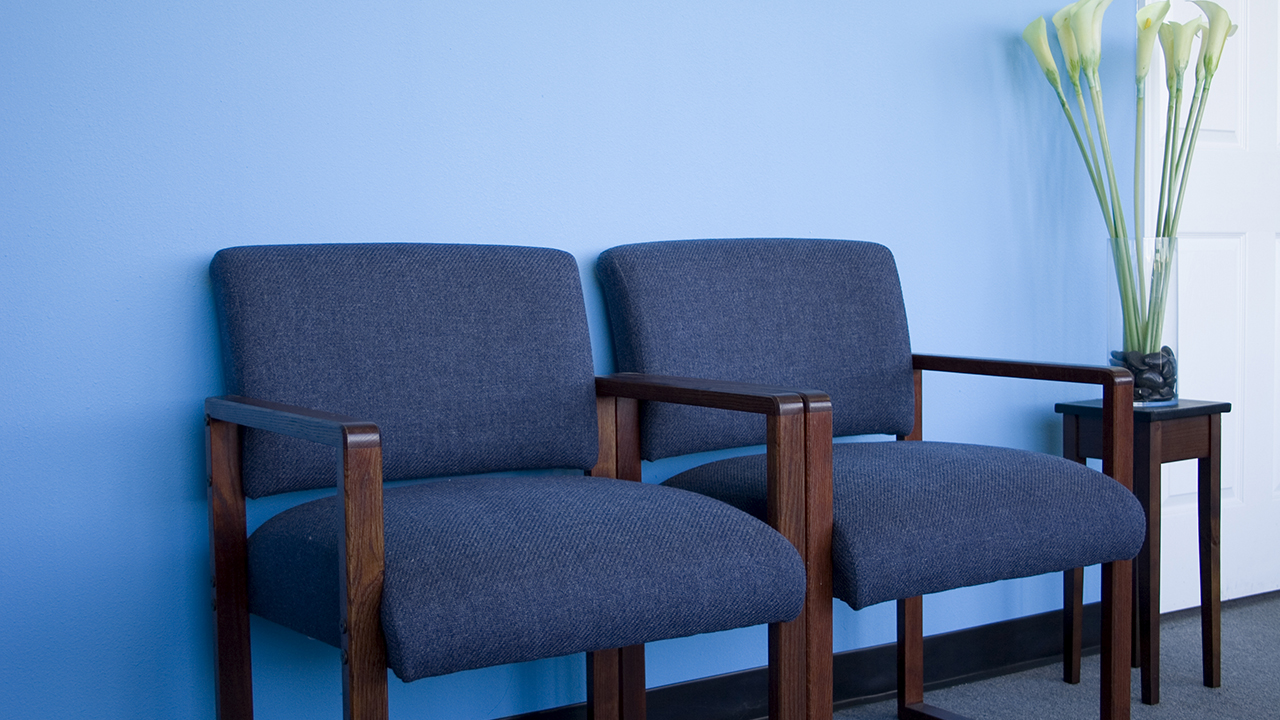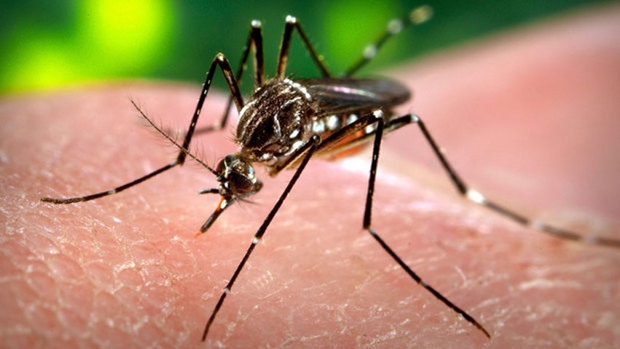Abortion rights, women of color, and LGBTQIA+ people are under attack. Pledge to join us in fighting for gender justice.
Abortion Bans Are Undermining Disabled People’s Decision-Making and Autonomy

Becoming pregnant in a state where abortion is either severely restricted or banned can be a matter of life or death. This risk can be even more dangerous for disabled people. For example, Flora Ellis was born with a connective-tissue disorder that prevents her body from properly making collagen, so a pregnancy could lead to organ rupture. Because Ellis’ health issues prevent her from using some forms of birth control, she has chosen to stockpile morning-after pills as a means of protecting her health.
Disabled people have sex too, and expression of sexuality shouldn’t come with the risk of death or severe health implications. The current system of abortion bans undermines the rights of disabled people to autonomy, safety, and self-determination.
Disabled people are at heightened risk in our current reproductive health crisis.
The devastating Supreme Court decision in Dobbs v. Jackson Women’s Health Org. blew up the already rocky landscape of access to reproductive health care. Following the decision, anti-abortion lawmakers quickly passed abortion bans and severe restrictions, leaving millions of individuals without legal abortion care in their communities. The barriers to care created by these bans fall particularly hard on historically underserved communities, like people of color, young people, people with low incomes, and disabled people, who already struggle to access basic health needs.
A recent analysis from the National Partnership for Women & Families revealed that more than 3 million disabled women of reproductive age are living in one of the 26 states that have banned or are likely to ban abortion, accounting for more than half of all disabled women in the United States. The seemingly endless onslaught of abortion bans and restrictions contribute to a broader set of policies that systematically oppress disabled people, compounding barriers to health equity and bodily autonomy.
Abortion restrictions also fall hardest on economically insecure people. Getting an abortion can be expensive on its own, no matter where you live, but especially when it requires traveling long distances across multiple states and incurring costs like child care and lost wages. More than half of disabled women who are economically insecure live in states that are hostile to abortion. Disabled women are more likely than white nondisabled men to live in poverty, with disabled women of color experiencing particularly high rates of poverty. And abortion bans create a cruel cycle for women with low incomes; women who are denied abortion care are significantly more likely to be pushed deeper into poverty as a result.
Abortion restrictions are part of a systemic pattern of coercion and reproductive control of disabled people, with the greatest impact on those with intersecting identities. For example, Black women are more likely to live in Southern regions—areas with the highest rates of disability in the country and the most states that have banned abortion. Efforts to control the bodily autonomy and futures of Black disabled communities is rooted in a long history of systemic racism in our nation, and these attacks on abortion only continue this shameful legacy.
Abortion bans also create barriers to medication for disabled people.
Abortion bans have worsened the health care crisis in the United States, particularly for disabled people. In addition to barriers to abortion care, disabled people are also being denied critical medication because the medication has multiple uses including abortion. Since the Dobbs decision, there have been disturbing reports of providers denying disabled patients access to medications to manage their chronic conditions, including autoimmune diseases, because the drugs are also used for medication abortions.
For example, soon after the Dobbs decision, Becky Hubbard of Johnson City, Tennessee, was denied access to her prescription for methotrexate because this drug is also used in abortion care and she lived in a state where abortion is illegal. The medication was the only thing that helped alleviate her symptoms of rheumatoid arthritis for the last eight years. Hubbard ultimately decided to undergo a sterilizing procedure so that she could go back on the only medication that had relieved her disabling pain.
Hubbard’s decision is particularly disturbing considering the history of forced sterilization of disabled people in the United States. Nearly a century ago, the Supreme Court decided Buck v. Bell—one of the most shameful Supreme Court decisions in history—which upheld a Virginia law that permitted an institutionalized woman to be forcibly sterilized. The Buck decision has yet to be overturned. Reproductive coercion and control continue to this day in the United States. And right now, 31 states plus Washington, D.C. have laws allowing the forced sterilization of disabled people.
Access to abortion is a disability equity issue.
Abortion bans threaten the lives, safety, and autonomy of disabled people by creating barriers to critical medication and forcing pregnancy upon disabled individuals unable to carry a pregnancy to term without significant health risks, sterilization under coercive circumstances, or death. We cannot remedy the compounding barriers to care that disabled people face daily until we address and dismantle the shameful history of coercion and reproductive control of disabled people in the United States. Congress and the Biden administration should take steps to ensure equitable access to sexual and reproductive care and to reproductive rights and bodily autonomy.




